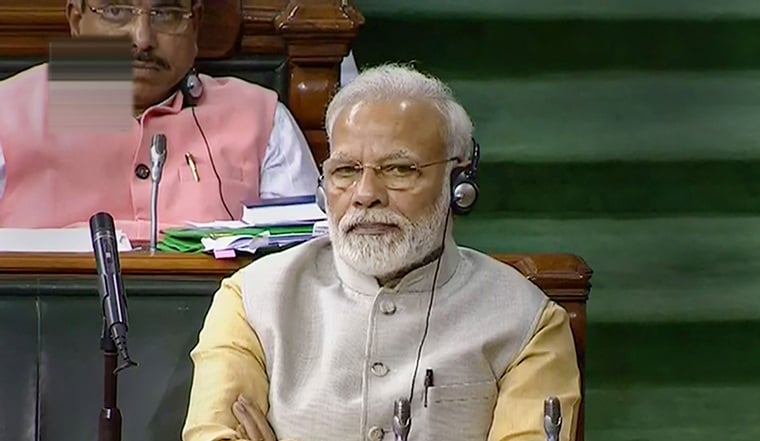Prime Minister Narendra Modi accused Congress on Sunday of “callously” handing over the Katchatheevu island to Sri Lanka in 1974. Modi’s criticism came after recent revelations brought to light by a Right To Information (RTI) application by Tamil Nadu BJP chief K Annamalai, exposing the Congress-led government’s contentious decision under former prime minister Indira Gandhi’s government.
In a post on social media platform X, PM Modi expressed shock and anger, stating that the Congress party’s actions have severely compromised India’s integrity and national interests. “Eye-opening and startling! New facts reveal how Congress callously gave away Katchatheevu. This has angered every Indian and reaffirmed in people’s minds – we can’t ever trust Congress! Weakening India’s unity, integrity, and interests has been Congress’ way of working for 75 years and counting,” Modi wrote on X.
What does the RTI reveal about Katchatheevu’s cession?
The controversy surrounding the Indira Gandhi government’s decision to relinquish Katchatheevu, a strategically significant island located in the Palk Strait, has been reignited following the RTI. Official documents and parliamentary records show that India decided to cede the island’s control through the Indo-Sri Lankan Agreement signed by then prime minister Indira Gandhi and her Sri Lankan counterpart, Sirimavo Bandaranaike.
According to the records, Sri Lanka’s persistent efforts to claim a 1.9 square km island, based on historical claims from before it gained independence, eventually influenced India’s position despite initial disagreements. Sri Lanka, previously known as Ceylon, demonstrated its control by forbidding the Indian Navy (then known as the Royal Indian Navy) from conducting exercises on the island without its consent. This position was further strengthened when the Ceylon Air Force carried out exercises on the island in October 1955.
PM Nehru’s views on Katchatheevu
Prime Minister Jawaharlal Nehru in a memo dated May 10, 1961, said about the Katchatheevu issue, “I attach no importance at all to this little island and I would have no hesitation in giving up our claims to it. I do not like this pending indefinitely and being raised again in Parliament.” Despite India’s repeated dismissal to Sri Lanka’s assertions, it eventually acquiesced to Sri Lanka’s resolute position, culminating in the formal handover of the island in 1974.
Despite the views of legal professionals, such as the former attorney general M C Setalvad, who maintained India’s stronger claim to the island, the government’s position remained unclear until the formal surrender in 1974.
